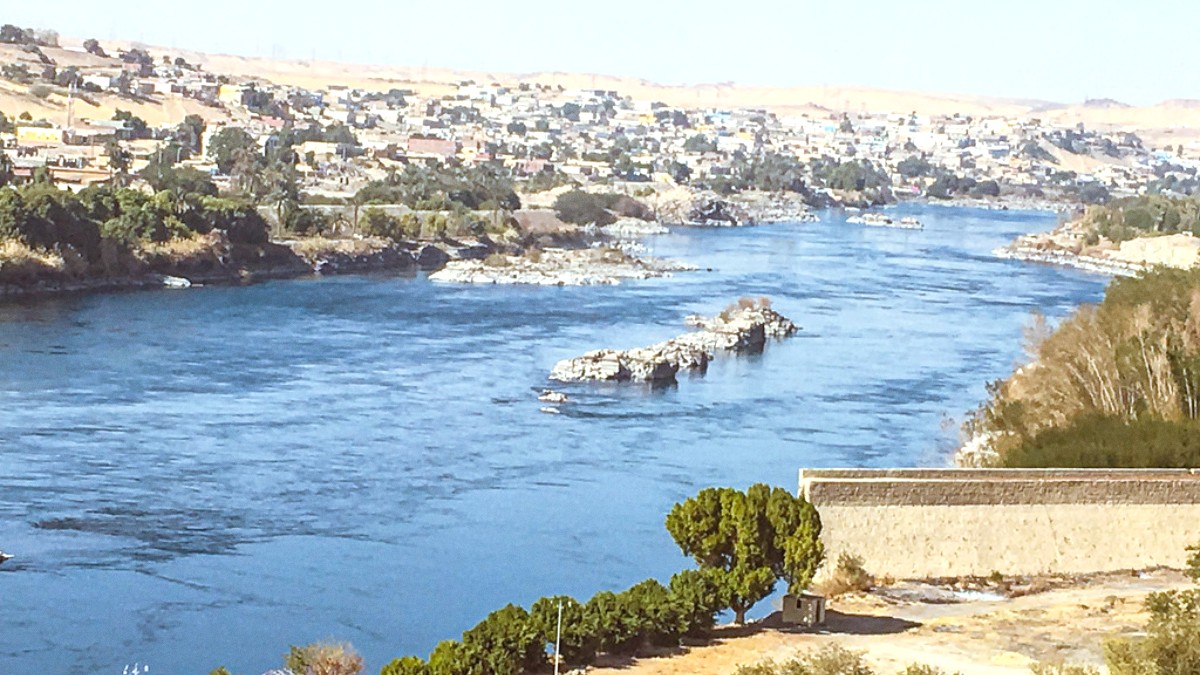
Nile Valley, Egypt
Saluga and Ghazal Islands, protected islands in the Nile, are nature reserves. They represent local efforts to safeguard unique riverine ecosystems and biodiversity.
Waste management presents challenges in Egypt, and recycling infrastructure remains limited. Travelers should keep waste production to a minimum and carry out non-biodegradable items.
Water, a precious resource in arid Aswan, calls for mindful use. Take shorter showers, reuse towels, and report leaks to hotel staff. Do not waste water.
Your choices as a traveler can support Aswan's environmental sustainability.
Choose accommodation and tour operators committed to environmental practices. This includes solar energy use, water conservation, and waste reduction.
Purchasing carbon offsets for your flights to and from Egypt comes as an option. Many airlines or third-party organizations present programs that invest in projects cutting greenhouse gas emissions.
Keep plastic consumption to a minimum. Use a Reusable water bottle and a Reusable shopping bag. Avoid excess packaging.
When packing, consider bringing outdoor gear from sustainable brands that prioritize environmental stewardship and ethical production. Patagonia is one example. Package Free Shop for reusable products.
Embrace conscious travel choices for a healthier planet.
Your choices as a traveler hold a direct and tangible economic impact on the local community.
Choosing to stay in Nubian guesthouses on the West Bank or Elephantine Island means your money directly backs local families. Many of these are family-run establishments.
Eat at local restaurants, purchase from independent shops in the souk, and use services from local guides and drivers. This approach helps tourism dollars circulate within the local economy.
Your choices in buying souvenirs and making contributions can foster positive outcomes for local communities and the environment.
Seek artisans and workshops directly gaining from sales, favoring handmade items. Avoid souvenirs from endangered species or illicit antiquities. The Rainforest Site supports conservation.
Be mindful of child labor or exploitative begging. Do not give money directly to begging children; such actions can prompt them to stay out of school.
If donating, research and give to reputable local charities or NGOs focused on education, health, or community development for lasting impact.
Should something appear too good to be true (e.g., suspiciously cheap antiquities), it likely falls into that category. Exercise caution with street vendors and unsolicited offers.
Your travel choices play a role in Aswan's economic well-being. Supporting local enterprises strengthens the community and your experience.